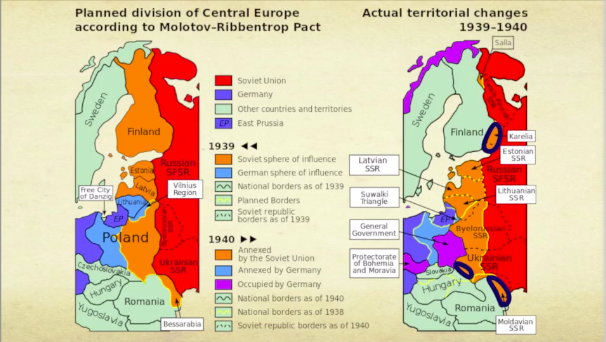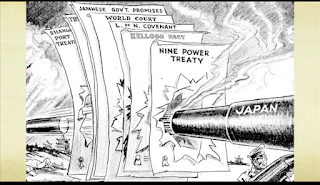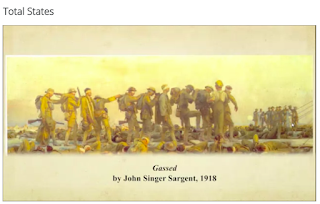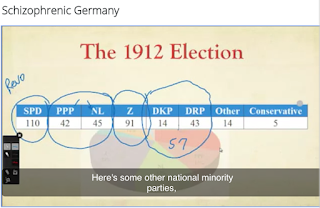The Modern World, Part Two: Global History since 1910 -- Week 4 Notes

Video 1: Choosing Global War June 1940 - December 1941 During this period, WWII is transformed. In Europe, the dictators are winning. In Asia, the dictators are also winning. There are two separate wars and they merge. The US and Russia are pulled into the war. Fortunately for the democracies, the totalitarian regimes start fighting each other. Berlin Hitler has ideas about race and space, intending to create more space for the race, subjugating Slavs, killing Jews, and if necessary fighting the enemies in the West. In order to do this, they must defeat the British. Italy and Japan reach out to Hitler to form a coalition and parcel out the world. But this runs counter to Hitler's ideas about space and race. In the summer of 1940, the German army tries to assess whether the plan is feasible. They conclude they can beat the Soviets. They're a bit overconfident thanks to their victory against France. In addition, they conclude that contending with the Brits will be difficult: in o...


